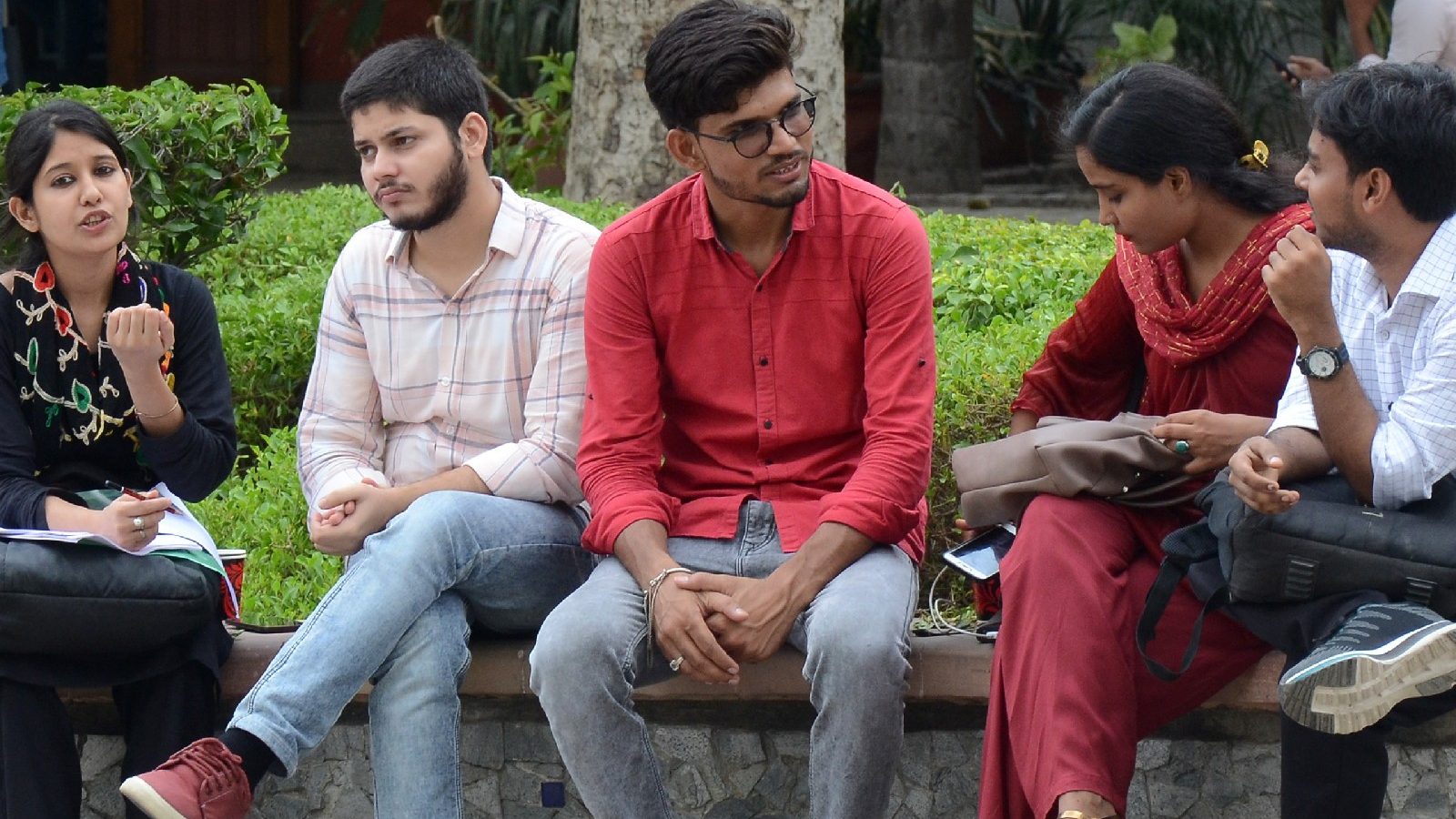The University of Delhi (DU) passed the proposal to launch Four Year Undergraduate Programmes (FYUP) amid chaos. The four-year UG courses are in line with the new National Education Policy (NEP), however, a section of the academic council was against the implementation of the same.
While for most universities, FYUPs are new and multidisciplinary ideas. DU had in the past tried to implement the policy, however, had to roll it back. The idea of four-year degree programmes was first floated in 2013 but was met with protests from students and teachers and rolled back in 2014. The FYUP will now be implemented once again in 2022-23.
What will be different this time?
Delhi University’s Acting Vice-Chancellor PC Joshi while talking to media has said that this time it will not be “an unsuccessful endeavour like the 2013 attempt” But what would be different this time?
FYUP introduced now allows students the option of multiple entry and exits. This is a provision offered by the NEP. Students who leave after a certain time period will get the corresponding certification. For instance, those who wish to leave after a year will get a certificate while those who leave after two years will get diploma and so on.
What will Change?
Under the new norm, general BA, BCom, and BSc programme offerings will be done away with. There will be an option to pursue three-year honours or four-year honours in a discipline or four-year honours in a discipline with research. Under the revised structure, MPhil programmes have also been done away with.
Students will have the option to take multi-disciplinary degrees. Along with a three-year honours degree, students would be allowed to opt for new courses as well. In addition to honour courses that are already on offer, new courses will be added.
Why opposition?
A section of teachers claims that fixing the 2022-23 academic year as the year of implementation of the policy is “arbitrary”. They have asked for a detailed discussion and wider consultation on NEP 2020 among all stakeholders and only then we can determine whether NEP 2020 will be feasible in DU at all.
Academicians are also concerned that the policy will increase the cost of obtaining an undergraduate degree and hence make it beyond the reach of marginalised students. According to a survey conducted in 2013, students will have to spend close to Rs 1.5 – Rs 2 lakhs per year in staying in Delhi to receive their education.
Read all the Latest News, Breaking News and Coronavirus News here
Source link




